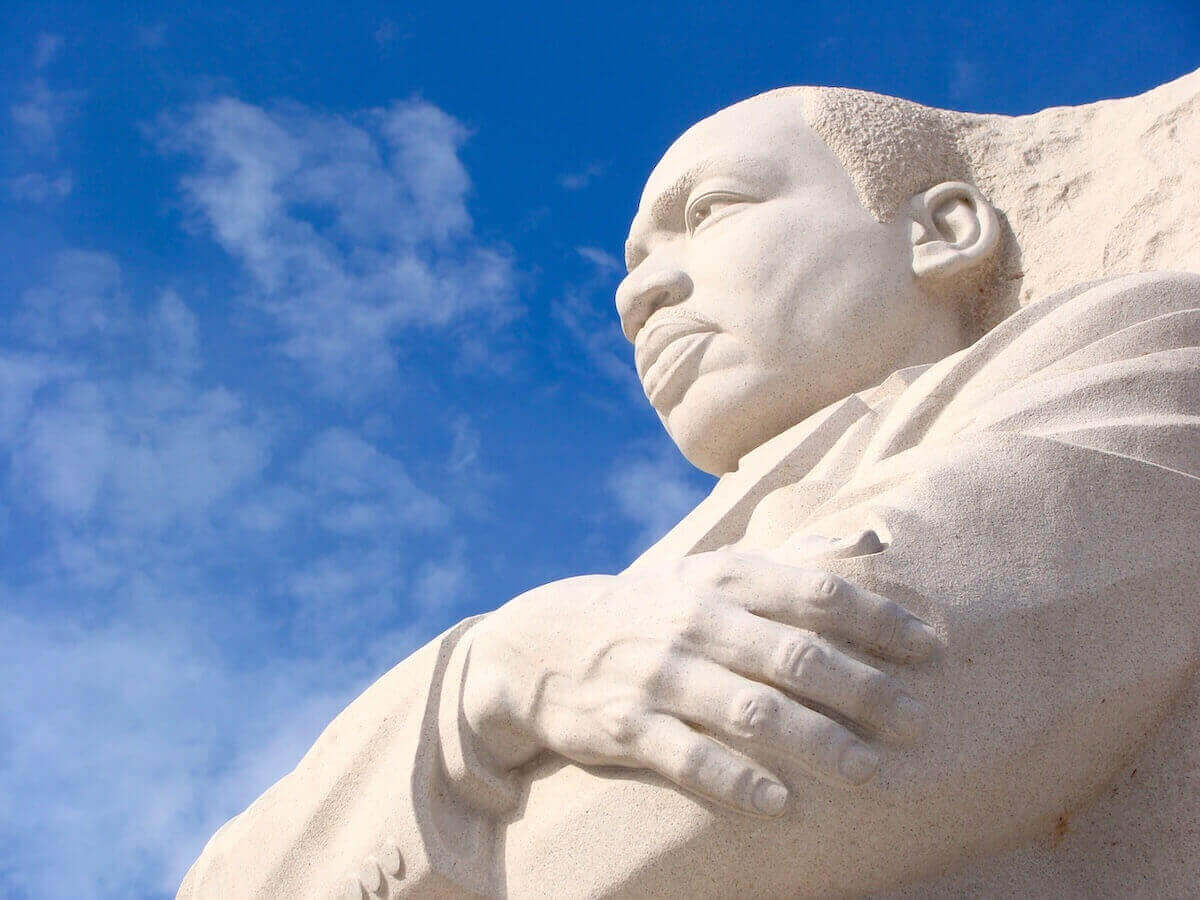Federal Holidays: Often Proposed, Rarely Enacted
A new Federal holiday is not created quickly or easily. Despite the effort involved, the number of federal holidays continues to grow.
New proposals for additional holidays are regularly introduced in Congress. While introducing legislation for a new holiday probably provides a Congressman with favorable publicity in a Congressional district, most of these proposals for a new federal holiday are not enacted.
There are currently 11 federal holidays. There are 12 federal holidays for federal employees living in the Washington, DC area. Inauguration Day is celebrated every four years on January 20.
The most recent federal holiday is Juneteenth. This holiday arrived in 2021 after President Biden signed a bill into law establishing June 19 as the latest federal holiday.
Juneteenth commemorates the end of slavery in the United States. The holiday name comes from June 19, 1865, when Major General Gordon Granger issued an order in Galveston, Texas, to inform enslaved people of their freedom two months after the end of the Civil War.
The first federal holidays were created in 1870. Those were New Year’s Day, Independence Day, Thanksgiving and Christmas.
This is a list of articles explaining some of the other federal holidays that have been proposed.
How and Why Martin Luther King Day Became a Federal Holiday
Martin Luther King Jr., a prominent American civil rights movement leader, played a pivotal role in advocating for racial equality and justice. Following his assassination on April 4, 1968, various individuals and organizations began pushing for a day to commemorate his legacy.
Martin Luther King achieved national prominence during a bus boycott by African Americans in Montgomery, Alabama in 1955. He founded the Southern Christian Leadership Conference in 1957 and led the 1963 March on Washington.
He was probably the most influential African American civil rights leader during the 1960s and was instrumental in the passage of the Civil Rights Act of 1964 and the Voting Rights Act of 1965. King was awarded the Nobel Prize for Peace in 1964.
Representative John Conyers (D-MI) introduced the first bill to establish Martin Luther King Jr. Day just days after King’s death. The initial legislative efforts did not advance in Congress because of concerns ranging from the cost of implementing another federal holiday to the precedent of singling out one individual for such recognition. The idea of creating a holiday for a Black civil rights leader was also controversial.
The movement to recognize Martin Luther King Jr. Day began at the state level. In 1973, Illinois became the first state to adopt MLK Day as a state holiday. Other states followed, with momentum growing over the years.
Stevie Wonder’s song “Happy Birthday,” released in 1980, became an anthem for the movement and created public support for the holiday.
Despite the argument that creating the holiday would cost an estimated $225 million in lost productivity, President Ronald Reagan signed the bill creating the new holiday in 1983. It was first observed three years later on January 20, 1986.
The holiday was not observed in all states until 2000.
Paying Federal Employees for the Holiday Was Controversial
The debate over Martin Luther King Jr. Day’s designation as a federal holiday brought attention to the role of federal employees. Critics questioned the wisdom of granting federal workers an additional paid day off, citing concerns about the economic impact and the strain on government resources.
Proponents argued that honoring Martin Luther King Jr. with a federal holiday was a symbolic gesture of the nation’s commitment to equality and justice. They emphasized the significance of recognizing a leader who had played a pivotal role in advancing civil rights and argued that the benefits of commemorating King’s legacy outweighed the associated costs.
As Martin Luther King Jr. Day became a reality and more widely accepted, the concern about the cost of an additional federal holiday gradually gave way to a broader understanding of the holiday’s significance. Today, the holiday serves not only as a tribute to a remarkable man but also to changes that have occurred in American society for more equal justice and equality.




